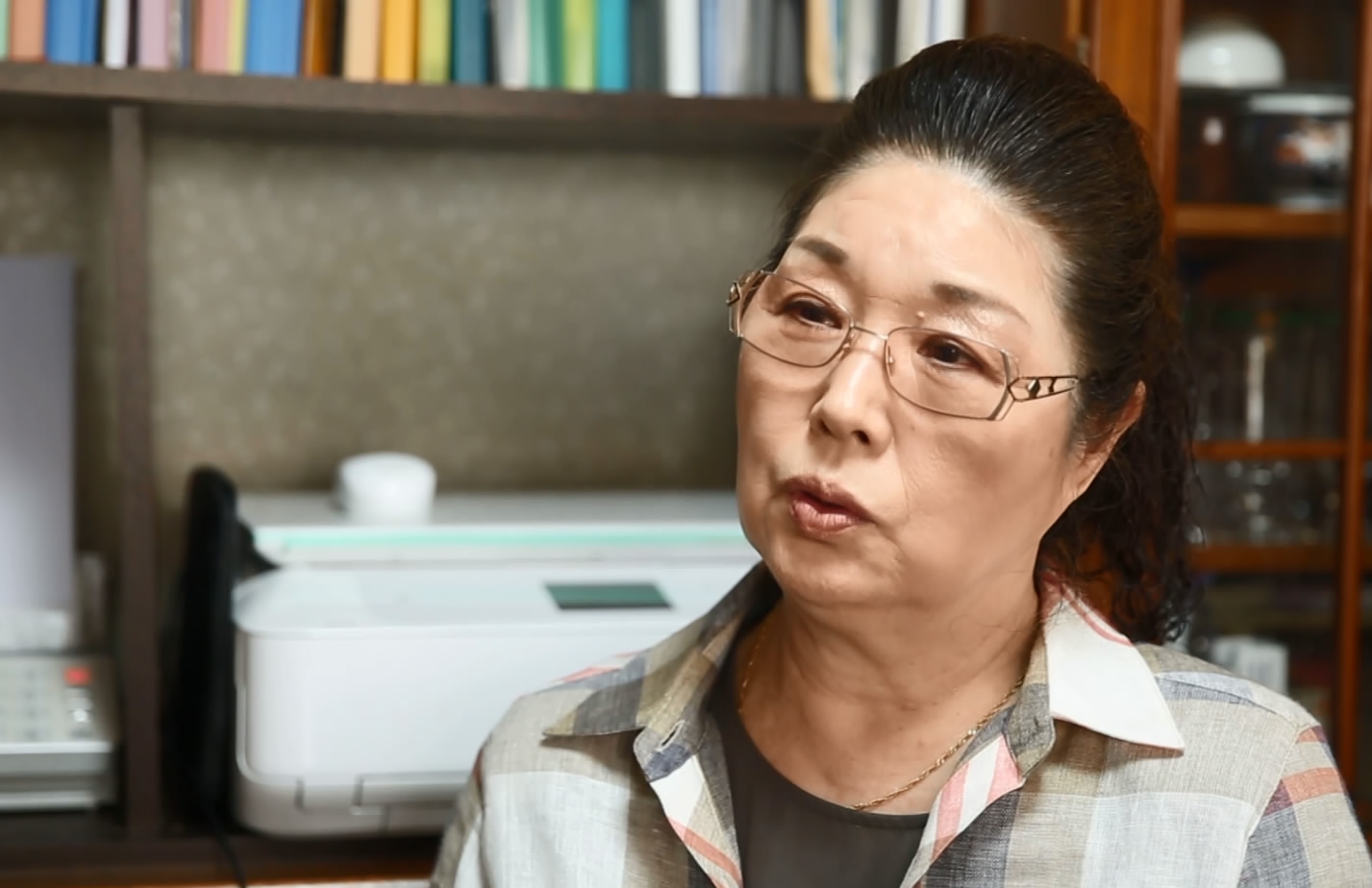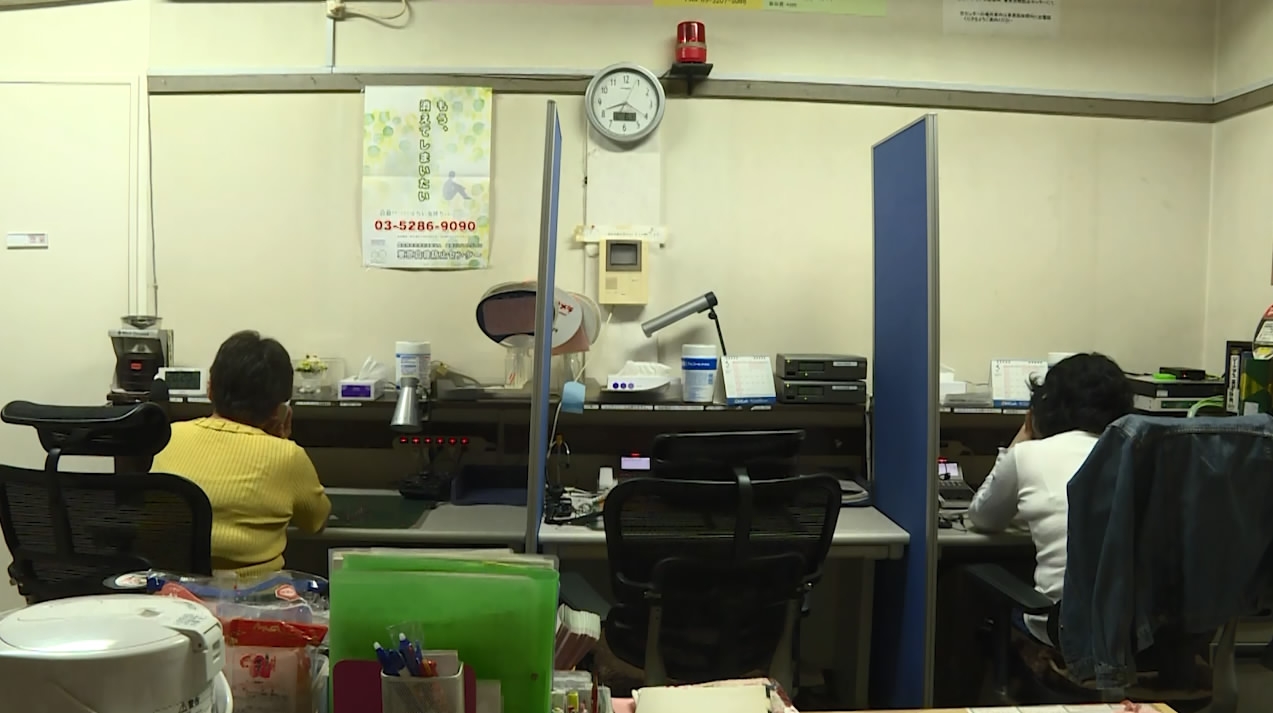
Society
17:14, 21-Aug-2017
The people helping bring Japan’s suicide rate down
By CGTN’s Ryan Chua

Emiko Teranishi had repeatedly warned her husband, Akira, not to work too much. He was a manager, chef, and salesperson at a restaurant in Kyoto in the late 90s, when Japan’s economy was in recession.
Businesses were hit hard by the country’s economic woes, so employees like Akira had to clock in extra hours. Juggling three jobs, he worked up to 13 hours a day without taking breaks.
The company rarely gave him days off because he had no alternate, she said.
“Even when he was supposed to be off from work, he’d go to the store in the evening to greet the guests,” Emiko told CGTN’s Assignment Asia.
“I kept telling him that he’d collapse one day because of all the hours he was putting in at work.”
One morning, she received a devastating call from a hospital. Akira had jumped to his death from an apartment building.
Emiko believes all those years of working long hours and forcing himself to do what he didn’t enjoy doing had pushed Akira to end his own life.
Death by overwork
She took her husband’s company to court and won the case, alleging that Akira’s working conditions had led to "karoshi", or death by overwork.

Emiko Teranishi, whose husband committed suicide due to overwork, now heads a support group for families of suicide victims. /CGTN Photo
Emiko Teranishi, whose husband committed suicide due to overwork, now heads a support group for families of suicide victims. /CGTN Photo
Today, Emiko heads a national support group for families of karoshi victims.
“Even though I’ve gotten justice for my husband, the world hasn’t changed,” she says. “By talking about my experiences, I’m sending society a warning that long hours of work and harassment could result in karoshi. I want my story to serve as a lesson to the country.”
With some 30,000 cases each year, Japan has one of the world’s highest suicide rates. The numbers began to drop only in 2016, when 21,897 suicides were recorded—the lowest in 22 years.
Japan’s government attributed some 2,000 suicide cases in 2015 to work-related stress and long working hours. That year, public outrage at the suicide of a young employee of PR and advertising company Dentsu prompted the government to tackle karoshi.
Suicides in Japan, however, happen not only among overworked employees.
Loneliness and depression
At the office of a suicide helpline in Tokyo, the phones ring almost non-stop. Counselors say they receive more than 30 calls a day from people on the verge of suicide.
Many of the calls come from lonely and depressed people with no one to talk to.
“When you are alone, you are filled with feelings of wanting to die,” says Akiko Mura of the group Befrienders Worldwide.

This office receives more then 30 calls a day from people attempting suicide. /CGTN Photo
This office receives more then 30 calls a day from people attempting suicide. /CGTN Photo
“But if there’s someone who would listen…then you would probably reevaluate your life.”
Debt burden
Some who have attempted suicide were overburdened by debt and thought of it as an escape.
Toyoki Yoshida once owed around 265,000 US dollars to banks and loan sharks. He tried to hang himself twice, but both attempts failed.
He soon found help from the group Yoake No Ai, which advised him to file for bankruptcy and gave him financial and emotional support. Now Toyoki is paying it forward as a counselor with the organization.
“I got by with the small allowances I received from this place,” he said. “So more than rebuilding my life, I believe I was able to redesign my plans in life.”
Music for the distressed
While others use counseling, Yuyu Horun, known in Japan as U2HORUN, taps into his music to help those in emotional distress and contemplating suicide.
He himself attempted suicide twice when he was in junior high school because of family problems.
Then he found music.
“I didn’t see it as something life-changing at first,” Yuyu says. “But as I spent more time on music, I became calm and was able to stop the urge to kill myself.”
Yuyu soon began to upload his music online. Although he did not expect it to touch other people’s lives, he has turned it into an advocacy.
Yuyu has received more than 4,000 messages from around 500 people, mostly teenagers, in the past five years.
“These people listen to my music to help them get through life,” he said. “They tell me how my songs have saved them from their suffering.”
Assignment Asia is a 30-minute current affairs program that takes an in-depth look at stories from all over Asia. It airs Saturday at 9.30 p.m. BJT (1330GMT) on CGTN, with rebroadcasts Sunday 5.30 a.m. (2130GMT) and 2.30 p.m. (0630GMT), Monday 9.30 a.m. (0130GMT) and Tuesday 1.30 p.m. (0530GMT).

SITEMAP
Copyright © 2018 CGTN. Beijing ICP prepared NO.16065310-3
Copyright © 2018 CGTN. Beijing ICP prepared NO.16065310-3